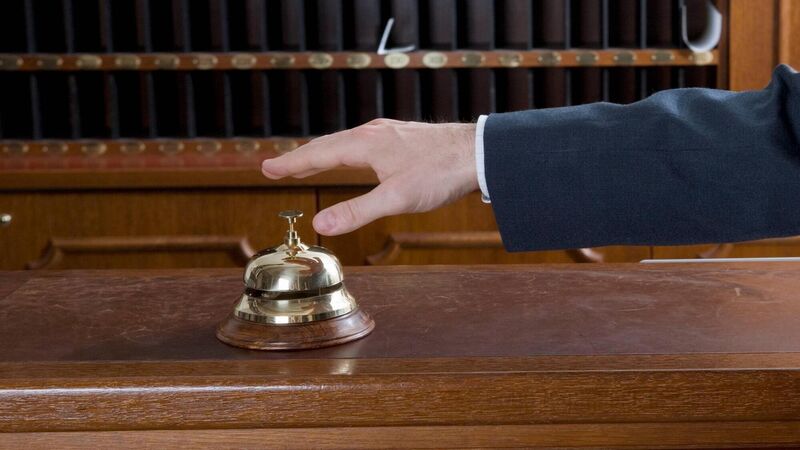Restoring 9% hospitality VAT rate 'remains unjustified'

The Department of Finance also said that a separate VAT rate for hospitality and accommodation would have .significant practical operational concerns'. File picture
The Department of Finance has said that cutting the VAT rate on hospitality services from 13.5% to 9% “remains unjustified”, despite sustained calls from the industry.
In a series of Tax Strategy Group papers published in advance of October’s Budget, it said the cost of this reduction in one year would be €764m. “Even where the measure is restricted to food and catering services, the estimated full year cost is €545m,” it said.













